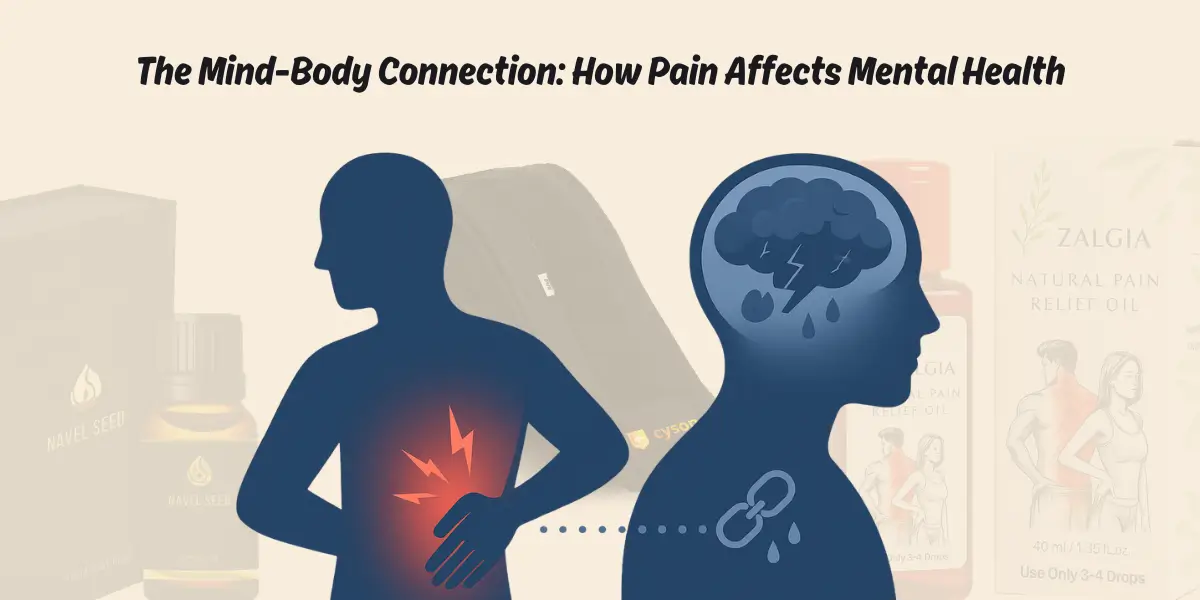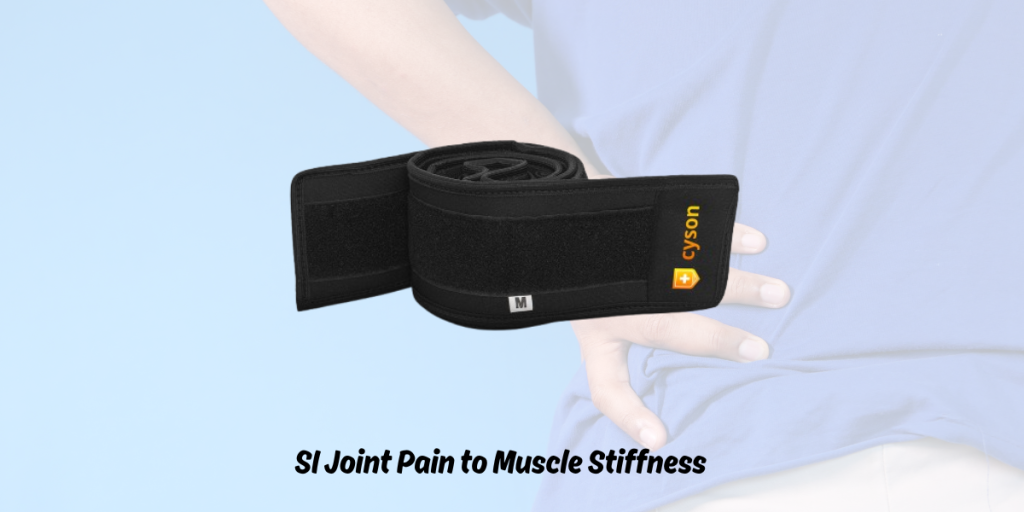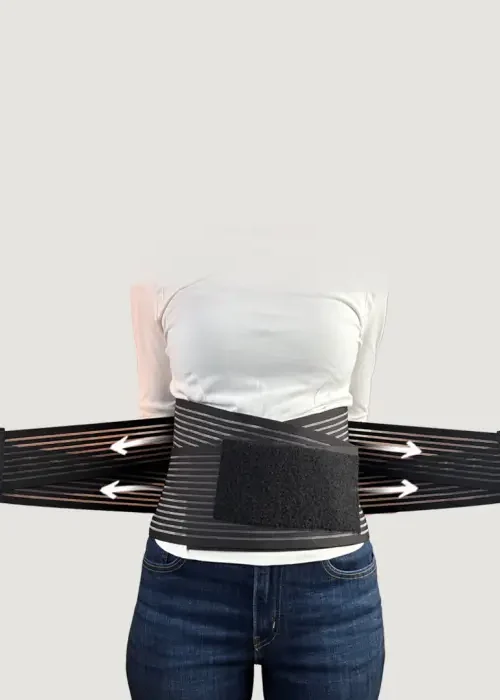The feeling of pain isn’t just an unpleasant physical experience. It has profound effects on how we think, as well as feel and act. The chronic pain that we experience, especially, is often disruptive to daily living, which can affect productivity, mobility and happiness for the individual. Although many view the pain as solely a physical problem, studies have consistently demonstrated that the body and mind are connected. The body-mind connection implies that chronic discomfort doesn’t only affect your back, joints or muscles. It can cause a lot of damage to the mental well-being of your body, too.
Pain and Emotional Well-Being
The constant ache of living with suffering can drain you emotionally. The result is often frustration or irritability, and can lead to despair. As time passes, those who are suffering from pain might experience anxiety over their health condition getting worse or depression as a result of limitations in their daily routine. The result is a vicious cycle. The more anxiety and sadness you experience, the more intense the pain perception becomes.
The Stress-Pain Connection
Stress is among the major factors in how our bodies feel discomfort. When we’re stressed, our bodies produce higher levels, the hormone that causes stress. Cortisol is not only a trigger for inflammation, but it also affects sleep and can make it more difficult to manage pain. If you suffer from back pain, arthritis or migraines, managing stress is just as crucial as physical therapy.
Sleep, Pain, and Mental Health
The importance of sleep is also an element in the connection between mind and body. The chronic condition can cause sleepless nights. In contrast, insufficient sleep increases the sensitivity to pain. The cycle can affect control of mood, concentration and resilience, which makes it more difficult to deal with discomfort during the daytime. Enhancing sleep hygiene — such as reducing the amount of screen time as well as creating a tranquil sleeping environment, or employing products to help you sleep better can stop this cycle.
Coping Strategies for the Mind and Body
For managing physical pain and mental issues, a multi-faceted strategy is most effective. A few helpful tips include:
- Meditation and mindfulness: They help reduce stress and change negative thinking patterns.
- Gentle exercise: Exercises like yoga or stretching out, as well as walking, can improve blood circulation and decrease stiffness.
- Nutritional balance: Anti-inflammatory food items like nuts, green leafy vegetables, as well as omega-3-rich fish, support healthy brain and joints.
How Cyson Products Support the Mind-Body Balance
- Cyson Zalgia oil provides targeted relief to joint pain and muscles and helps to relax both physically and mentally.
- Cyson SI Joint Belt offers support to low back posture and stability to ease back pain, which can cause stress or anxiety.
- Cyson Navel Seed Oil helps to promote overall health by enhancing digestion and balancing, which can help ease the body’s stress response.
FAQs
How can chronic pain impact the mental state of a person?
Chronic pain is often the cause of anxiety, stress, and depression because of its constant effect on daily activities and well-being.
Does stress cause the physical pain to get worse?
Stress can increase cortisol levels. This can cause discomfort and inflammation.
Do natural cures work to treat mental illness and pain?
The use of natural solutions such as oils, exercises, and mindfulness are able to help ease pain and improve peace, which can complement medical treatments.
What can Cyson products aid with in the connection between mind and body?
Cyson products like Zalgia Oil, SI Joint Belt and Navel Seed Oil provide physical assistance and relaxation that helps improve physical and mental well-being.














